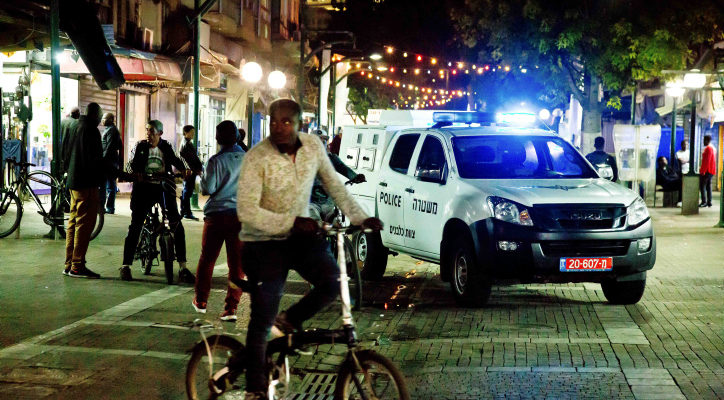The UN’s High Commissioner for Refugees warned that ‘any decision impacting Eritrean asylum-seekers would contravene international law.’
By World Israel News Staff
Following Saturday’s rioting by Eritrean migrants and clashes with police in which more than 200 people, including about 50 police officers were injured, the United Nations warned Israel against expelling the illegals.
“UNHCR calls for calm and restraint, and on all parties to refrain from taking any steps that could aggravate the situation further,” William Spindler, spokesman for the UN High Commissioner for Refugees, was quoted as saying.
While stressing the “importance to establish accountability,” Spindler warned Israel against taking broad measures against the Eritreans.
“Any decision impacting all Eritrean asylum-seekers…would contravene international law,” he told reporters.
Earlier in the day, MK Simcha Rothman of the Religious Zionist Party proposed a new law that would make it easier for the government to deport illegal immigrants who had overstayed their visas.




